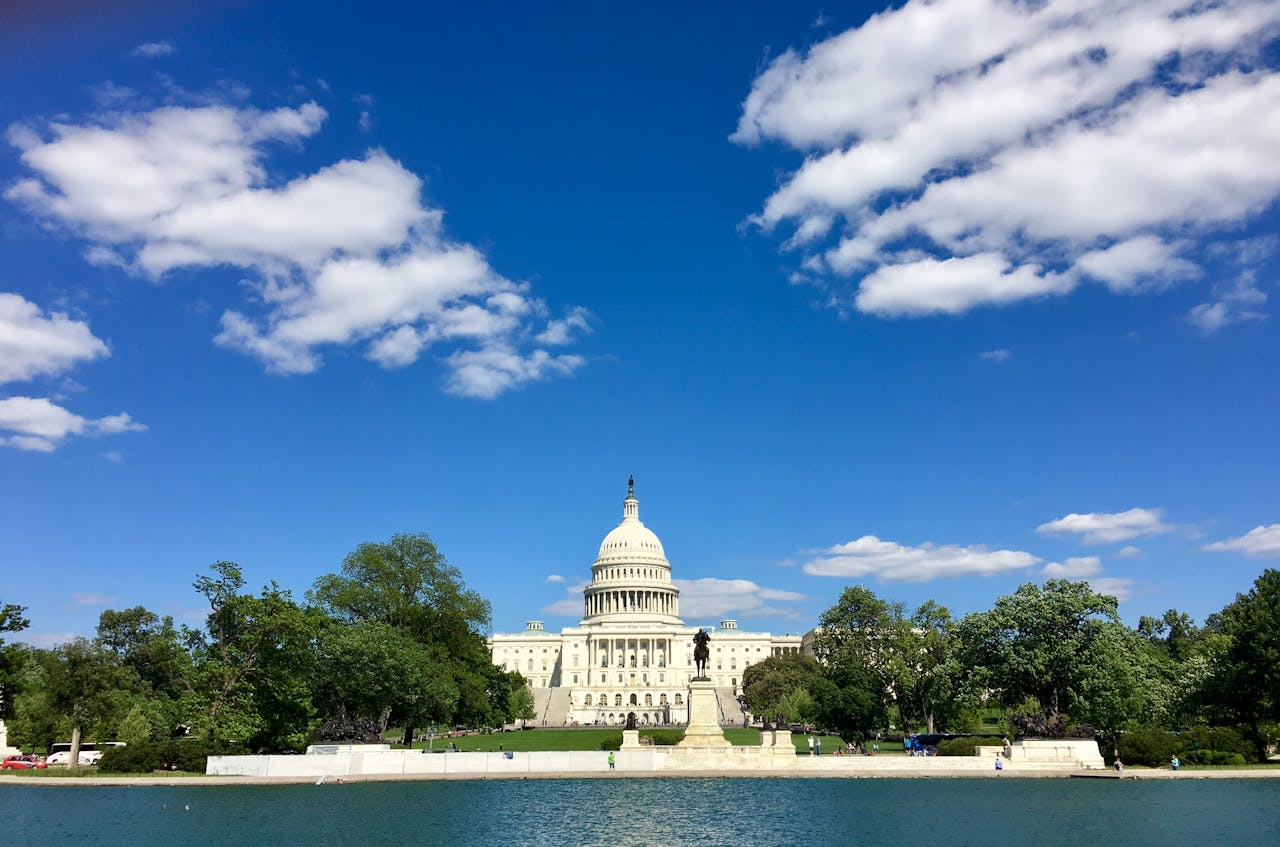Cannabis
Why Most People Don’t Trust the US Government for Cannabis Information
A survey of 1,161 American adults found only 4.7% use government sources for cannabis information, with 9.3% trusting doctors. Historical government dishonesty, like Nixon’s demonization of cannabis, has fueled distrust. Most rely on friends, family (35.6%), and the internet (33.7%). Improved doctor education and transparent government communication are essential to combat misinformation and regain trust.

A new study funded by the U.S. federal government shows that the American public does not trust government sources of information about cannabis. According to the study, published in the Journal of Cannabis Research, most people get their knowledge about cannabis from unofficial sources, such as friends and family, as well as websites.
Why does the public distrust the government when it comes to cannabis?
According to the survey, conducted among 1,161 American adults, only 4.7% of respondents use government sources for information about cannabis. Interestingly, slightly more people trust doctors (9.3%), but this is still a very low number. As Paul Armentano, deputy director of NORML, explains, the government has historically exaggerated or outright lied about cannabis, which has caused the public to distrust its information.
In the context of the current distrust of government sources of information on cannabis, it is worth mentioning the recently released secret tapes of President Nixon , which showed that the US government deliberately demonized cannabis, despite knowing that it was not particularly dangerous. These historical government actions further undermine public trust in official information and may explain the current research findings, which indicate a preference for unofficial sources of information.
The liberalization of cannabis policy in the U.S. is certainly having an impact on the growing distrust of government. With each new state legalizing cannabis, the public has access to information from other sources that may contradict government propaganda. A government that has demonized cannabis for decades now must face the consequences of its actions and convince the public that its current approach to the plant is based more on facts than ideology.
The role of healthcare in cannabis education
One of the more interesting findings from the study is that medical cannabis users are more likely than others to seek information from medical professionals (16.4% vs. 5.2%). This shows that while the general population still relies heavily on alternative sources, those with medical needs are seeking expert advice.
The problem, however, is the lack of education among doctors themselves. According to the report, only 9% of medical schools offered courses on medical cannabis in 2016. Many doctors are not prepared to provide accurate information about cannabis, which leads to misinformation and deepens the problem. The authors of the study point out that “insufficient education of doctors may deepen misinformation about cannabis,” which shows the need for better medical training in this area.
Alternative sources of information: Friends, family and the Internet
Friends and family (35.6%) and websites (33.7%) are the most commonly used sources of information about cannabis. While this may indicate a growing need to seek out independent sources, it also raises the risk of misinformation. In the age of the internet, it’s easy to come across false information, especially on platforms like the r/saplings subreddit, where young people often seek advice and information. The study suggests that while users of this platform see it as a valuable source, it lacks verifiable facts.
The authors suggest that online platforms like Reddit could become a place for educational interventions. Introducing verified, easily digestible information could increase public awareness and improve access to knowledge about cannabis.
Potential consequences and proposed changes
How can a lack of trust in government and doctors affect cannabis policy and public health? When society relies primarily on unofficial sources of information, the risk of misinformation increases, which can lead to unsafe behaviors related to cannabis use. It is crucial for government and healthcare to regain the trust of citizens.
The study’s authors point to the need for improved physician education, as well as transparent and accessible government communication about cannabis. To regain public trust, the government must develop more engaging information campaigns, collaborate with industry experts, and support physician education efforts to ensure patients have access to accurate information.
The survey shows that most Americans do not trust government sources of information about cannabis, which has broad implications for cannabis policy and public health. While there is a great need for improved communication and education, government and medical professionals must work together to regain citizens’ trust. Without appropriate action, misinformation and lack of access to reliable information can lead to negative health consequences.
__
(Featured image by Solo Rossi via Pexels)
DISCLAIMER: This article was written by a third party contributor and does not reflect the opinion of Born2Invest, its management, staff or its associates. Please review our disclaimer for more information.
This article may include forward-looking statements. These forward-looking statements generally are identified by the words “believe,” “project,” “estimate,” “become,” “plan,” “will,” and similar expressions. These forward-looking statements involve known and unknown risks as well as uncertainties, including those discussed in the following cautionary statements and elsewhere in this article and on this site. Although the Company may believe that its expectations are based on reasonable assumptions, the actual results that the Company may achieve may differ materially from any forward-looking statements, which reflect the opinions of the management of the Company only as of the date hereof. Additionally, please make sure to read these important disclosures.
First published in FaktyKonopne. A third-party contributor translated and adapted the article from the original. In case of discrepancy, the original will prevail.
Although we made reasonable efforts to provide accurate translations, some parts may be incorrect. Born2Invest assumes no responsibility for errors, omissions or ambiguities in the translations provided on this website. Any person or entity relying on translated content does so at their own risk. Born2Invest is not responsible for losses caused by such reliance on the accuracy or reliability of translated information. If you wish to report an error or inaccuracy in the translation, we encourage you to contact us

-

 Impact Investing1 week ago
Impact Investing1 week agoEnfinity Launches First Solar Plant in Italy with Microsoft
-

 Markets6 days ago
Markets6 days agoSilver Dips Sharply, While Gold Gains Amid Mixed Stock Market
-

 Crowdfunding2 weeks ago
Crowdfunding2 weeks agoEvenFi Launches Run-Off Service to Protect Investors as Crowdfunding Platforms Exit
-

 Africa3 days ago
Africa3 days agoTunisia Holds Interest Rate as Inflation Eases, Debate Grows

























